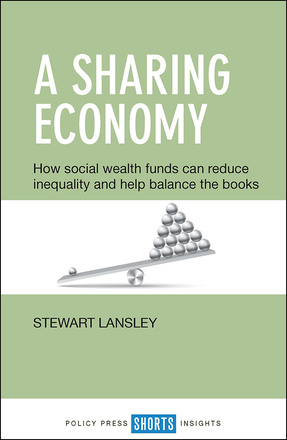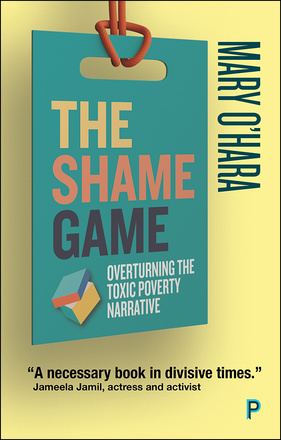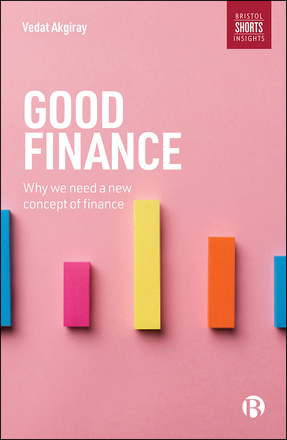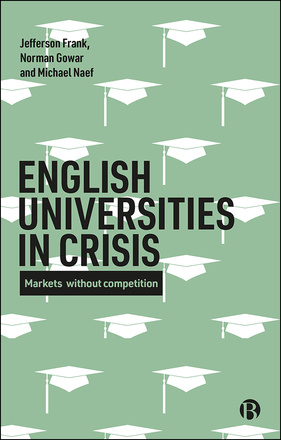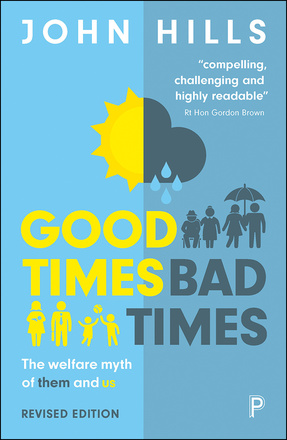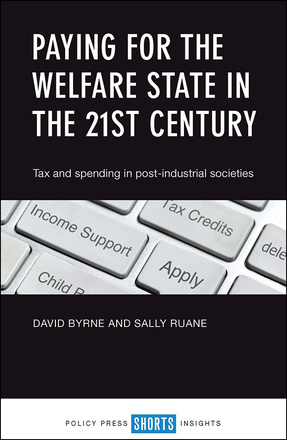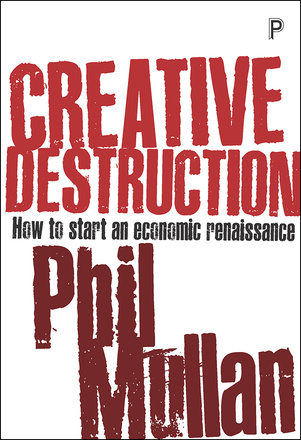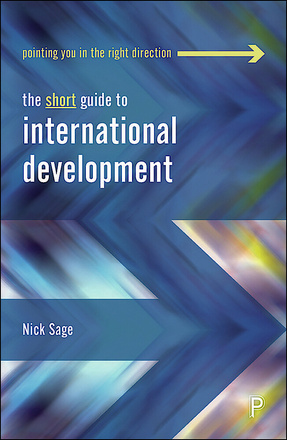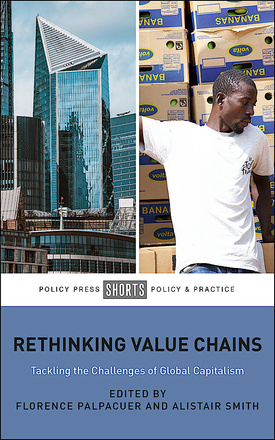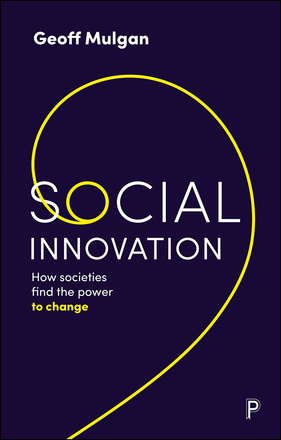ECONOMICS
A Sharing Economy
How Social Wealth Funds Can Reduce Inequality and Help Balance the Books
A Sharing Economy proposes radical new ways to close the UK’s growing income gap and spread social opportunities. A new social wealth fund would boost economic and social investment and simultaneously strengthen the public finances and offer a powerful antidote to austerity.
The Shame Game
Overturning the Toxic Poverty Narrative
Drawing on a two-year multi-platform initiative, this book by award-winning journalist and author Mary O’Hara, asks how we can overturn the portrayal of poverty once and for all. Crucially, she turns to the real experts to try to find answers – the people who live it.
Good Finance
Why We Need a New Concept of Finance
Presenting a sharp critique of extreme financialization and the economics profession’s continuing blind faith in the efficient market hypothesis this book considers how our current concept of finance can be revised for the good of society.
Austerity Bites 10 Years On
A Journey to the Sharp End of Cuts in the UK
With new commentary, Austerity Bites 10 Years On assesses on the true scale of the damage austerity policies have inflicted on the country’s most vulnerable groups, public institutions and on the wider society, reflecting on where we have been, where we are now and what needs to happen next to undo the damage and avoid the same mistakes again.
English Universities in Crisis
Markets without Competition
Student fees have saddled graduates with enormous debt, satisfaction rates are low, a high proportion of graduates are in non-graduate jobs, and public debt from unpaid loans is rocketing. This timely and challenging analysis gives robust new policy proposals to encourage excellence and ultimately benefit society.
Good Times, Bad Times
The Welfare Myth of Them and Us
This revised edition uses extensive updated research and survey evidence to challenge the view of 'skivers versus strivers', showing how much our lives vary not just as we age, but from week-to-week and year-to-year.
Paying for the Welfare State in the 21st Century
Tax and Spending in Post-Industrial Societies
Amid urgent debates around the function of welfare in the post-industrial 21st Century, and how we pay for it, David Byrne and Sally Ruane deploy the concepts and analytical tools of Marxist political economy to better understand recent developments, and the possibilities they present for social change.
Creative Destruction
How to Start an Economic Renaissance
A new technological revolution is needed, backed by political and cultural change to address Western economic stagnation. This means embracing the major disruption required to our companies and workforce to focus on embryonic technological sectors.
The Short Guide to International Development
By providing a succinct evaluation of competing approaches to, and perspectives on, the idea and practice of international development, this book offers students across the social sciences a distinct and invaluable introduction to the field.
Rethinking Value Chains
Tackling the Challenges of Global Capitalism
EPUB and EPDF available Open Access under CC-BY-NC-ND licence. This original volume brings together academics and activists from Europe to think creatively about the social and environmental imbalances of global production and how to reform the current economic system.
Social Innovation
How Societies Find the Power to Change
Geoff Mulgan, a pioneer in the global field of social innovation, explains how it provides answers to today’s global social, economic and sustainability issues. He argues for matching R&D in technology and science with a socially focused R&D and harnessing creative imagination on a larger scale than ever before.
The Economics of Arrival
Ideas for a Grown-Up Economy
In this ground-breaking book, Trebeck and Williams challenge us to make ourselves at home with economic wealth, to ensure that everyone is included. They explore the possibility of ‘Arrival’, urging us to move from enlarging the economy to improving it, and the benefits this would bring for all.







